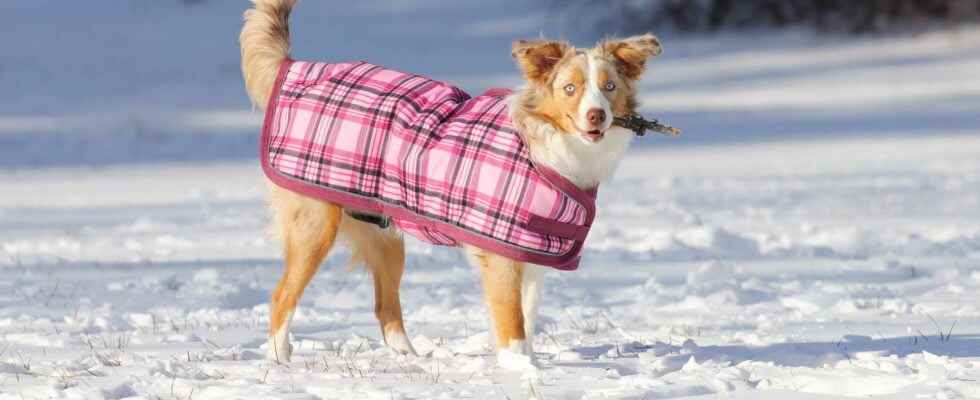Content article
Humane Society London & Middlesex (HSLM) is encouraging community members to adopt a pet and bring a new best friend home.
Content article
With more than 200 animals in the care of HSLM on a daily basis, it is important that adoptions match the pace of those requesting to surrender a pet.
HSLM, which serves Oxford, Elgin and Middlesex Counties, currently has 48 animals available on its website (hslm.ca).
“Essentially we are hosting a pandemic friendly version of our Clear the Cages event,” said Steve Ryall, HSLM Executive Director in a media release.
“The shelter continues to be under extreme pressure to accommodate the needs of the animals in our community”
Clear the Cages is an event the shelter hosts from time when there is a great number of animals available for adoption.
The public is encouraged to visit: www.hslm.ca if they are in a position and looking to bring a new animal friend home to join their family. Due to COVID-19, the shelter is currently following several protocols for adoptions.
HSLM is not open for general inquiry walk-ins regarding pet availability and viewing at the shelter.
HSLM pet adoptions can be scheduled by appointment only.
Available pets are featured on www.hslm.ca and social media platforms. Once an animal becomes adopted, they are removed from the website.
KEEPING PETS SAFE IN COLD WEATHER
With temperatures forecasted to plummet, the Ontario SPCA and Humane Society wants to remind anyone with an animal to take extra precautions to keep them safe during extreme winter weather.
Here are some suggestions.
Supervises outdoor time. Some dogs want to be outside, regardless of the weather. Even if your dog has a thick coat, keep an eye on them when they are outside playing to watch for early signs that they’re cold, such as holding up paws or shivering.
Content article
Modify outdoor activities. Limit the length of time spent outside and choose walking routes that loop past your house, in case you or your pooch need to come in to get warm.
When running errands, leave pets at home. Leave your animal at home where they are warm and safe when you’re running errands. Cars cool down quickly and don’t hold in body heat, which can lead to animals suffering from cold stress, hypothermia or frostbite.
Watch for cats seeking warmth under vehicle hoods. Knock on the hood of your car or sound the horn before starting the engine. Cats hiding under hoods can be injured or killed by the fan belt.
Keep paws clean. Use a damp towel to wipe your pet’s paws and underside if they’ve walked along salted sidewalks or roads. Salt and other chemicals on roads and sidewalks can irritate and burn your pet’s sensitive paws and can cause illness if ingested.
Clean up car spills. Keep an eye out for antifreeze or other automotive leaks in your driveway. Antifreeze has a sweet taste that can be attractive to animals and can be fatal if ingested.
Know your animal’s unique needs. Cats, puppies and short-coated dogs are particularly vulnerable in cold temperatures. Some dogs, especially short-coated breeds, puppies and elderly dogs may benefit from a dog sweater or coat as an extra layer of warmth.
“Our furry friends depend on us to look out for their needs,” says Dr. Julia Hughes, Shelter Health & Wellness Veterinarian with the Ontario SPCA and Humane Society in a media release. “In cold winter conditions, it’s important to consider every part of your pet’s daily routine to ensure they are comfortable and safe at all times.”
For more winter pet safety tips, visit ontariospca.ca .
